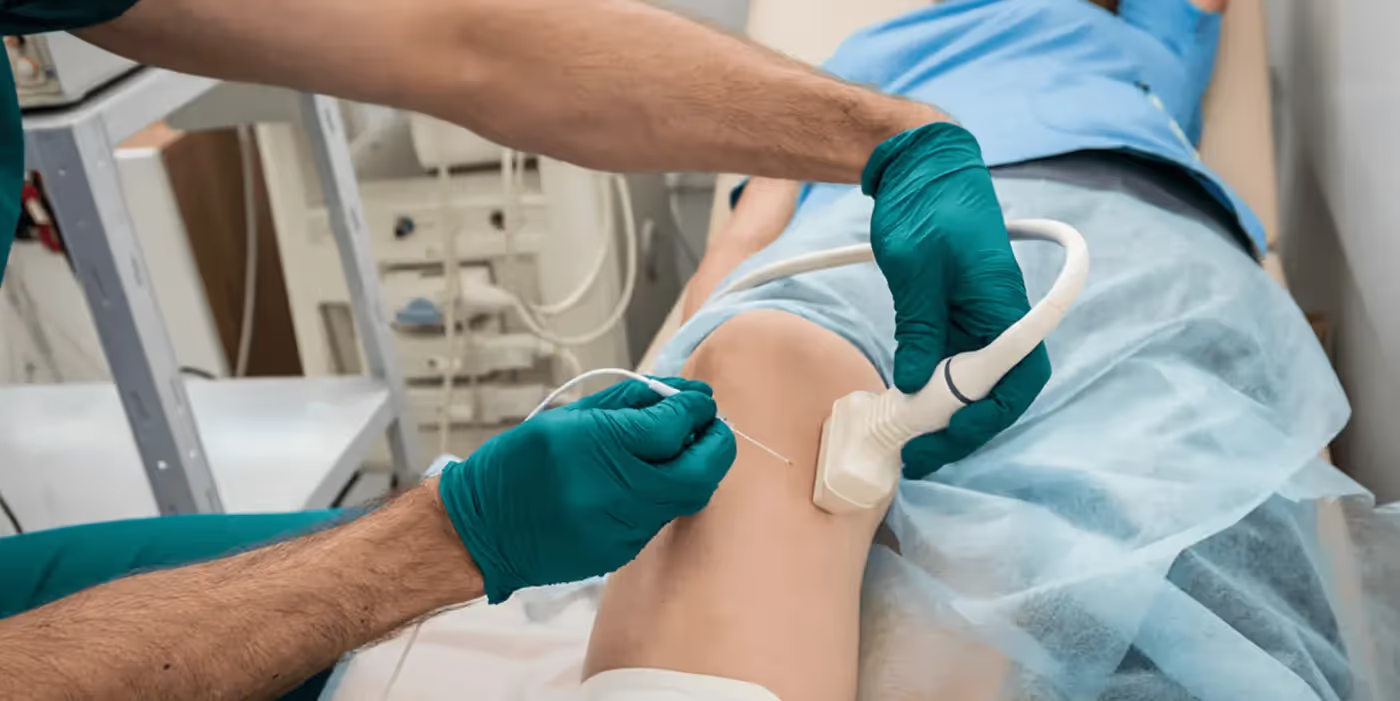When preparing for surgery, your body weight and sleep health matter more than many patients realize. About 80% of people with obstructive sleep apnea remain undiagnosed; this matters because both sleep apnea and obesity can significantly complicate anesthesia administration, affecting how your body responds to medication and how well you breathe while sedated.
For the millions of Americans living with these conditions, understanding these connections before surgery isn't just helpful, it's potentially life-saving. Continue reading to walk through exactly how these conditions affect your surgical risk, the steps you can take to ensure a safer experience under anesthesia, and where to find the best anesthesiologists in San Jose.
How Obesity Affects Anesthesia and Surgery
Obesity creates several unique challenges during surgery and anesthesia:
- Before surgery: Excess body fat can physically obstruct access to airways and veins, making it difficult for medical teams to insert breathing tubes or establish IV lines for medications.
- During surgery: Determining anesthesia doses can be difficult because medications distribute differently in fatty tissues than in muscle or blood, potentially leading to under- or overdosing if not carefully calculated.
- After surgery: Obesity significantly extends recovery time as the body clears anesthesia more slowly from fat tissue. This prolonged clearance increases the risk of breathing problems after the procedure, as patients may experience respiratory depression while anesthesia medications continue circulating in their system longer than expected.
What Is Obstructive Sleep Apnea?
Obstructive sleep apnea (OSA) is a sleep disorder in which your throat muscles repeatedly relax during sleep, causing your airway to collapse and temporarily block your breathing, sometimes dozens or hundreds of times each night. Despite its seriousness, many people remain unaware they have OSA, often dismissing warning signs like:
- Loud snoring
- Morning headaches
- Persistent daytime fatigue
This undiagnosed condition becomes particularly dangerous during surgical procedures, as OSA makes patients more sensitive to anesthesia medications and their breathing-suppressing effects. After surgery, people with sleep apnea continue to face a higher risk of breathing complications, including dangerous oxygen drops and the potential need for emergency intervention, as the lingering effects of anesthesia further compromise an already vulnerable airway.
Are You at Risk? Signs You Might Have Undiagnosed Sleep Apnea
You might have undiagnosed sleep apnea if you experience loud, persistent snoring that others complain about, find yourself waking throughout the night gasping or choking, or struggle with constant daytime tiredness despite getting enough hours of sleep.
This condition disproportionately affects men over the age of 40, with the risk of developing it increasing significantly for those who carry excess weight. In fact, about 70% of people with OSA are overweight or obese. Other warning signs include:
- Morning headaches
- Difficulty concentrating
- Irritability
- High blood pressure that's hard to control
If these symptoms sound familiar, mentioning them to your doctor before any planned surgery is crucial, as screening tests can be done to catch this dangerous condition before anesthesia is administered, potentially preventing serious complications.
How to Reduce Your Anesthesia Risks Before Surgery
You can significantly lower your general anesthesia risks by taking several proactive steps before your procedure:
- First and most importantly, inform your entire surgical team about any sleep apnea diagnosis or symptoms you experience, even if they seem minor. Details about snoring, choking during sleep, or daytime fatigue provide crucial information for your anesthesia plan.
- Don't hesitate to ask your doctor whether a sleep study might be beneficial; this simple overnight test can identify undiagnosed sleep apnea and allow for appropriate precautions.
- For procedures that aren't urgent, consider working with your healthcare provider on a supervised weight loss program, as even modest weight reduction of five to 10% can substantially improve breathing mechanics, reduce medication complications, and improve recovery outcomes.
What to Expect During and After Surgery If You Are Obese or Have Obstructive Sleep Apnea
If you have sleep apnea, your surgical experience will include additional precautions to ensure your safety, including carefully selecting the appropriate type and dosage of medications and providing supplemental oxygen during your procedure as needed.
During your recovery, your physician anesthesiologist will monitor you especially carefully for signs of airway obstruction, potentially using specialized equipment to track your oxygen levels and breathing patterns even after you leave the operating room.
If you already use a continuous positive airway pressure (CPAP) machine at home, your doctor will likely instruct you to bring it to the hospital for use immediately after surgery. This familiar device helps keep your airway open during those critical first hours and nights of recovery when anesthesia medications are still affecting your breathing control.
Where to Find the Best Anesthesiologists in San Jose
Every patient deserves to feel confident and cared for when facing surgery, and that’s exactly what the expert anesthesiologists at G2 Anesthesia deliver.
With care rooted in innovation and compassion, we partner with top surgical centers across San Jose, Los Gatos, and the entire South Bay to ensure every patient wakes up faster, feels better, and heals more smoothly. As the largest private practice of board-certified anesthesiologists in Silicon Valley, we’ve built our reputation on precision, safety, and truly patient-centered care. Our expert anesthesiologists use advanced, opioid-sparing techniques like ERAS and targeted nerve blocks to not only control pain but also speed up recovery and reduce complications.
At G2, we treat every procedure as an opportunity to raise the bar in anesthesia care. Ready to trust your health and safety to the best anesthesiologist in San Jose?







